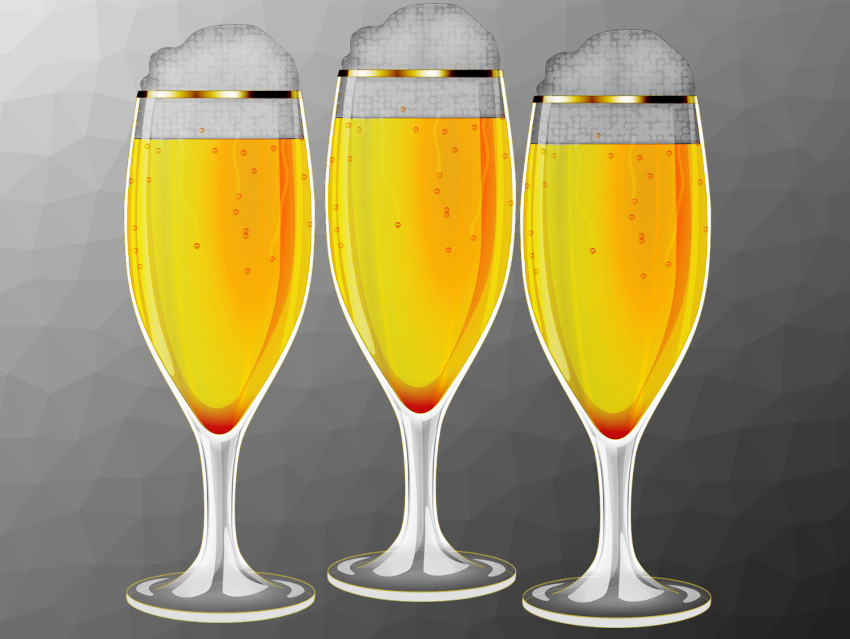Many of the non-alcoholic beers have a rather sweet aftertaste, coming from the wort. That’s the sugary liquid that forms an intermediate product in the brewing process. When brewing lager, the yeast converts almost all of these sugars into alcohol and other components. But in the biological production of non-alcoholic beer, the activity of the yeast is suppressed to prevent the formation of alcohol. Therefore, aldehydes are no longer converted into neutral or characteristic beer flavors, leading to the sweet aftertaste of non-alcoholic beer. Dealcoholization, a technique in which alcohol is removed from the beer afterwards, also has significant effects on the taste.
Deborah Gernat and Marcel Ottens, TU Delft, The Netherlands, in collaboration with Heineken N.V. Amsterdam, The Netherlands, have tested molecular sieves to bring the taste of non-alcoholic beer closer to that of regular beer. The first tests showed that the sweet spice taste can be reduced in this way.
Strecker aldehydes are responsible for the sweet taste of non-alcoholic beer. The researchers tested various types of molecular sieves and found a zeolite that can specifically adsorb Strecker aldehydes. The zeolite can then be filtered out.
The zeolites used were originally made to separate gas molecules. Mass transport inside the material needs to be further improved. The alcohol itself creates a warming sensation in the mouth and also influences taste perception. Exactly how this works is another potential future research topic.
- Using molecular sieves to adjust the taste of non-alcoholic beer,
Tu Delft Press Release 07 April 2021.




